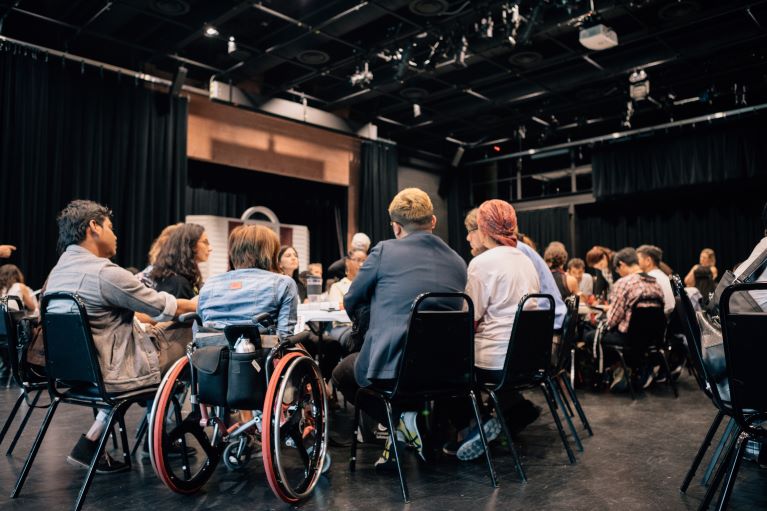Guide for More Equitable and Inclusive Knowledge Gathering: Centering People and Communities in Research and Evaluation

Purpose
This guide is a practical tool to increase equity and inclusion in knowledge-gathering activities, which, at many global development organizations, most commonly include research and evaluation. This guide can inform the development of knowledge products, such as learning briefs or case studies, and a range of other products (see column to the right). This guide can be used to initiate conversations and efforts to bring information gathering activities into better alignment with commitments to equity and inclusion.
Who is this for?
As a practical resource, this guide is intended for diverse global development program teams that engage in various knowledge-gathering activities and create knowledge products to meet their program goals and organizational missions.
Where did the ideas in the guide come from?
To create the guide, we first looked to the literature to better understand scholar and practitioner conversations around current challenges and opportunities that exist in terms of equity and inclusion within research and evaluation: what we are now calling knowledge gathering. We then developed interview guides to engage IREX staff globally to learn from their direct experiences with these challenges and opportunities. We invited additional IREX staff to review and challenge our product. The guide was developed using our review of the literature along with input and insights from these conversations with IREX staff.
Limitations of the guide
This guide was developed by an organization from the global north, so it is necessarily colored by our background and relative position of power. We do not believe that the long-standing precedents that underpin structural knowledge inequities can be resolved by a guide alone. However, we do believe that by bringing these considerations to light, we can all continuously strive to be more equitable and inclusive across all phases of our knowledge-gathering processes. It is an important step toward the organization we want to be.
Learn more with Youth Excel's Research-to-Change Toolkit: A resource for youth practitioners